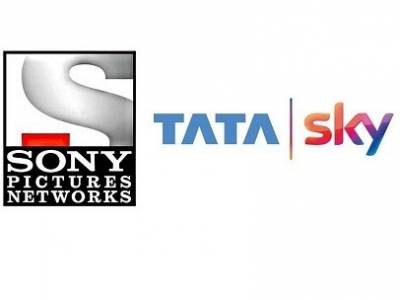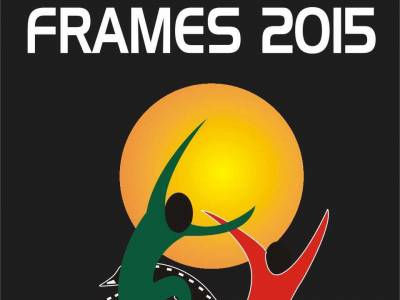Disruption - An opportunity: Harit Nagpal
Harit Nagpal, CEO & MD, Tata Play delivered the annual Nitin Puri Memorial Lecture at Faculty of Management Studies (FMS) Delhi over the weekend. Over 400 students and faculty attended.
Harit started his talk on ‘Disruption, an obstacle or an opportunity?’ by saying that he’d lived his four-decade long career as an optimist by treating every disruption as an opportunity and using it as a steppingstone to get to the next level. To support his argument, he quoted instances ranging from the partition of the country in 1947, to how certain industrialists built large businesses by riding on and creating disruptions, to the Mumbai floods of 2005 and ended with Covid which taught us to work without traveling and buy without stepping out of our homes.
He also referred to historical disruptive inventions like fire, wheel, aircraft, penicillin, internal combustion engine & plastic followed by recent tech inventions like the internet, e mail, search engines and artificial intelligence to prove the point that humans feel that disruptions are a new phenomenon because they are occurring with a higher frequency and every new disruption is having a larger impact than the one before.
He extended the argument by using the example of a chameleon to say that while animals adapted to disruptions in their environment and blended in just to survive, humans used disruptions to thrive. He then pointed to the picture of a chameleon on the cover of his recently released book ‘Adapt; To thrive, not just survive’ to drive home the point.
His experience across six industries revealed to him that every business felt that it was unique with a unique set of customers. He questioned that notion by arguing that if the same customer was buying a cola, a candy, a home, a life insurance policy and opening a bank account, how could the customer’s decision-making criteria vary across product and service categories? He had a similar argument for marketeers who treated Gen X, Y & Z customers different from the rest and said that humans make decisions based on their basic instincts which are primal and at best tempered, though not a lot, by their circumstances.
He believed business basics were basic and that’s why they were called basic. They are as rooted as Archimedes principle, Newton’s laws of motion and the 4 Ps of marketing. What changed was the environment, technologies, customers’ lifestyles, and their expectations.
He then went on to explore with the help of 10 stories from his book Adapt, which are fictionalized accounts of his business experiences, set in 10 different geographies and industries, to list the ways in which practitioners could harness disruption.
A very detailed account concluded that marketeers need to know who their customers are and who aren’t by identifying the segments they wish to target and listen to the voice of their customers to identify their pains and design solutions for these in the shape of products and services. Listening to voice of customer should not end at the design stage and must be continued to make modifications and discover new segments that emerge as manufacturing costs drop with rising scale and customer incomes rise.
In a fast-commoditizing world, marketeers need to find sustainable differentiators which are rooted in process instead of being activity based which could be replicated quickly by competitors.
Regarding branding, he was clear that brands needed to connect with and endear their prospects before attempting to sell to them with feature laden advertising. He felt that the current advertisers had a short span and got to selling before telling.
He dwelled on organization culture and was clear that the words that define the work culture were necessary to align every employee towards the organization’s purpose. He felt that firms often used words like family, trust, pride, integrity, etc., words that were core human values and a universal necessity, instead of words like collaboration, ownership, speed, etc., which were work culture words.
He concluded by saying that this is what was taught about the basics in business schools 40 years ago when he graduated and asked the audience if what was taught today was any different from this. The audience responded with a unanimous yes. He closed by saying that he was confident that the 42nd Nitin Puri lecture, four decades from now, which a student from the audience would deliver, would define business basics just as he had defined today.
The audience asked some thought-provoking questions on subjects ranging from responsibilities of businesses towards the environment, habits that create the disruption behavior, etc. that led to an engaging conversation in the auditorium and continued over tea and snacks in the foyer.

















Share
Facebook
YouTube
Tweet
Twitter
LinkedIn